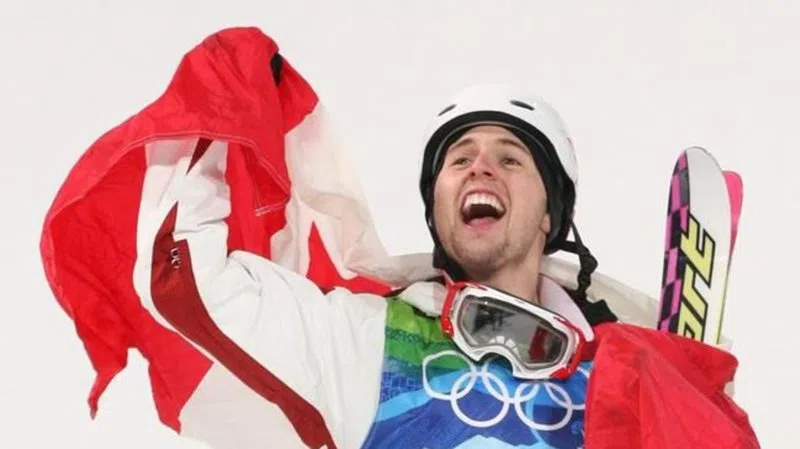
What the 2010 Winter Olympics wrought, a decade of Canadian confidence in sport
Mikael Kingsbury’s perception of his own potential changed a decade ago.
He was a 17-year-old forerunner testing the moguls course for competitors about to ski the Cypress Mountain slope at the 2010 Winter Olympics.
Kingsbury witnessed Alex Bilodeau win gold and become Canada’s first Olympic champion at a home Games.
“Seeing a Canadian win the Olympics, Alex, and knowing him since I’m very young and seeing him accomplish his dream was huge,” Kingsbury recalled.
